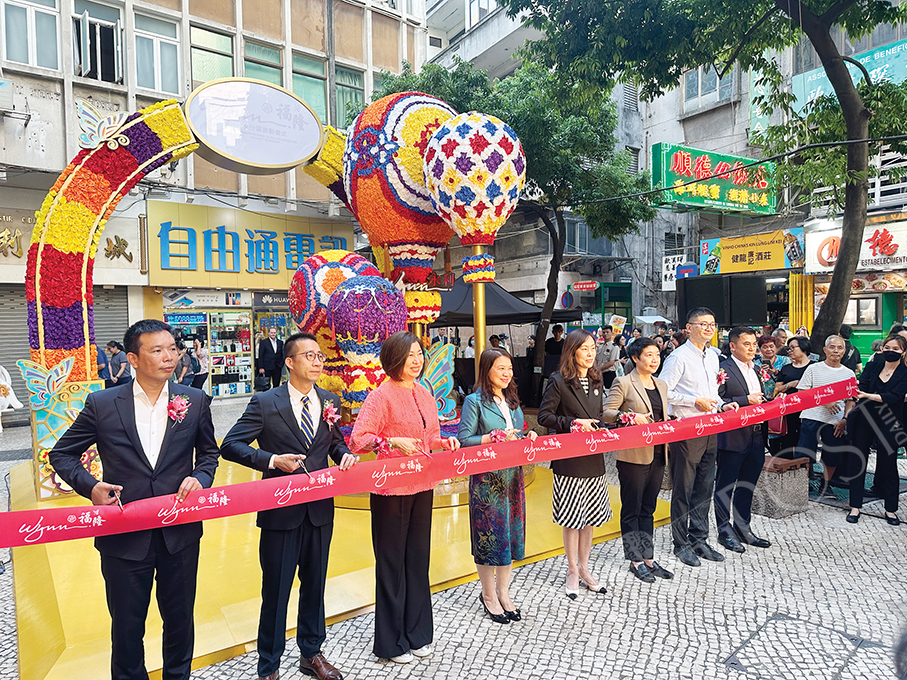Macau’s statutory minimum wage will increase from the current 32 patacas an hour to 34 patacas per hour from January 1 next year, an increase of 6.25 percent, after the Legislative Assembly (AL) yesterday passed a government-initiated bill amending the city’s overall minimum wage law.
The implementation of Macau’s overall minimum wage system started on November 1, 2020. Since then, all employees in the private sector, except domestic helpers and those with disabilities, have been covered by a statutory minimum wage of 32 patacas an hour – or 256 patacas a day, or 1,536 patacas a week, or 6,656 patacas a month.
The amendment bill’s outline was passed during a plenary session of the legislature last month, after which the bill was reviewed by its 3rd Standing Committee, before it was resubmitted to yesterday’s plenary session, which Secretary for Economy and Finance Lei Wai Nong attended, when it was voted on article-by-article in its second and final reading.
According to the amended overall minimum wage law, Macau’s statutory minimum wage will increase to 34 patacas an hour, or 272 patacas a day, or 1,632 patacas a week, or 7,072 patacas a month from January 1 next year.
The overall minimum wage law requires the government to review the amount of the statutory minimum wage every two years.
The government started its first review of the minimum wage amount on November 1 last year, which assessed the minimum wage’s implementation between November 1, 2020 and October 31, 2022.
The government completed the first review earlier this year, after which it proposed the two-pataca increase in the hourly minimum wage.
The government is scheduled to start its next review of the minimum wage amount on November 1 next year, which will assess the minimum wage’s implementation between November 1, 2022 and October 31, 2024.
The focus of lawmakers’ debate during yesterday’s plenary session was again on the government’s perceived excessively long duration of completing its first review of the minimum wage amount after launching it.
In reply, Lei reaffirmed the government’s commitment to studying the possibility of shortening its minimum-wage review process.
Lei said that the key reason of the government’s relatively long review process duration was that the collection and compilation of data needed for the review necessarily took time.
The policy secretary said that the government would study the matter with the aim of coming up with more effective data-collection methods.
Before the city’s overall minimum wage got off the ground on November 1, 2020, its statutory minimum wage system only covered two occupations, namely cleaners and doormen employed by the property management sector, which started on January 1, 2016 when their minimum wage was 30 patacas per hour.









